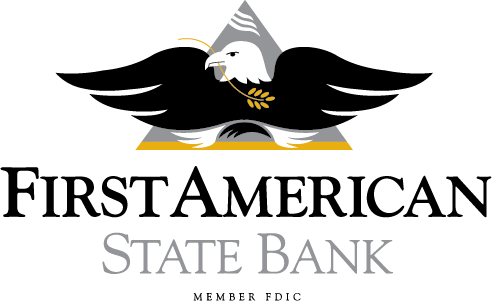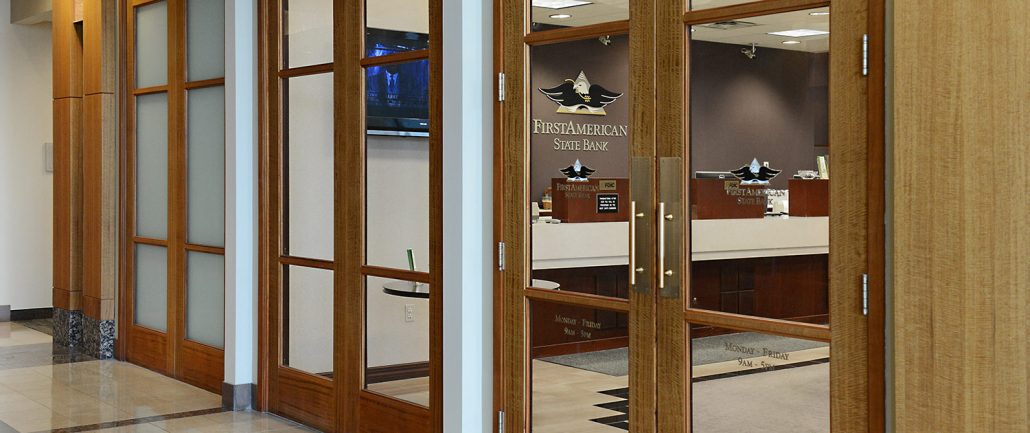Regarding concerns over banking and banks.
The past few days have been interesting. Thankfully, even with all the news about Silicon Valley and Signature, our bank gained deposits because we have a reputation for careful and safe management, high standards, personal and caring service and honest dealings. In fact, those are some of the key principles in our culture statement.
It is only natural that our friends and depositors should ask if their deposits are safe. The bank has a strong liquidity profile, and its business strategy varies from SVB’s in a variety of critical ways, including:
- SVB was not a traditional bank in most ways. It maintained a client base comprised of a heavy concentration of tech startups and the venture capital firms that financed them. These are high-risk and high growth clients, that are especially susceptible to recent economic challenges. Colorado banks, including our bank, predominantly lend on real estate and accounts receivable. These are much less prone to volatility.
- SVB grew deposits more than $100 billion to $220 billion from $116 billion in one year. Doubling the size of a bank in one year is inherently risky. This placed great stress on SVB’s deployment of those deposits into assets. It led to their demise. They were the 16th largest bank in the nation. Traditional community bankers, including our bank, manage their deposits growth carefully and maintain much more granular deposit relationships. See the last point below.
- The majority of the highly-concentrated deposit balances in SVB’s customer accounts were uninsured (95%). When the start-up technology sector experienced a cash crunch, SVB experienced material deposit outflow, leaving it with a liquidity shortage. Our bank has about 29% of its deposits uninsured.
- SVB invested $100 billion of new deposits in Treasury bonds. There is little default risk in full faith and credit Treasuries, but all assets have interest rate risk when bond terms are mismatched to deposit maturities. Community banks manage interest rate risk very carefully. We use sophisticated models to match maturities of assets and liabilities to remain neutral in either an up or down rate environment. SVB did not and when it was forced to sell securities to fund its liquidity (deposit outflows) it resulted in a material hit to capital.
We welcome questions and comments and deeply appreciate your business.
Jay Davidson, Chairman, CEO, Founder
First American State Bank
First American Bancorp

